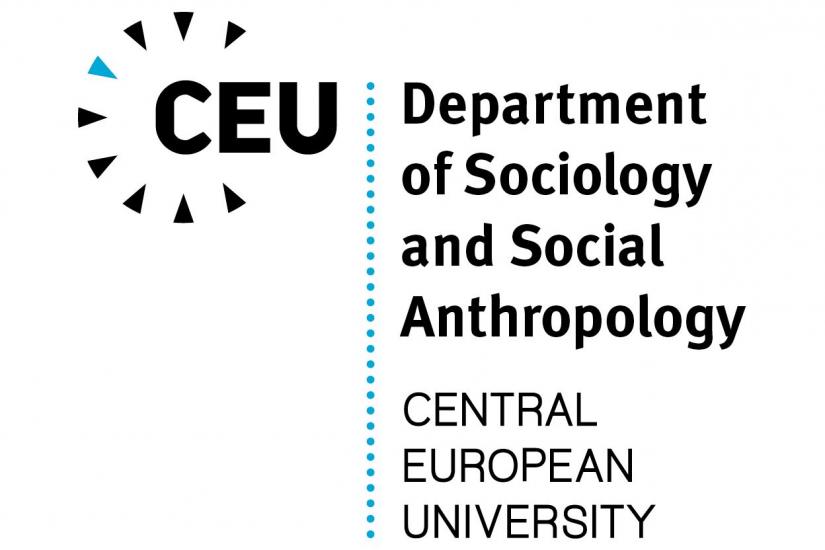
CENTRAL EUROPEAN UNIVERSITY
the
Department of Sociology and Social Anthropology
cordially invites you to the
Public PhD Defense of
Eva Schwab
on
“Civilizing Waste: Work, Non-Work and Urban Citizenship in the Making of Belgrade (1965-2018)“
Defense Committee
Chair: Violetta Zentai, School of Public Policy, and Department of Sociology and Social Anthropology, CEU
Supervisor: Prem Kumar Rajaram, Department of Sociology and Social Anthropology, CEU
Second supervisor: Ayse Caglar, Department of Social and Cultural Anthropology, University of Vienna
External examiner: Norbert Petrovici, Faculty of Sociology and Social Work, and Interdisciplinary Centre for Data Sciences, Babes Bolyai University
This thesis examines processes of city-making through the shifting moral economy of the collection of valuable wastes in Belgrade from 1965 to 2018. I explore the question of “who may benefit” from the commodification of waste and which forms of handling waste are “appropriate” and which need to be disciplined and “tamed”, intersects strongly with ways in which the urban is politicized, most notably, with regard to the governance and policing of “hygiene” and “pollution” deciding over who belongs and who does not. My thesis starts with the entrenchment of the Yugoslav model of market socialism through the 1965 economic reforms, which brought a shift to an entrepreneurial style of urban governance. In the following 30 years, the collection of valuable wastes shifted from a realm reserved to itinerant populations, people “without employment and without a place of residency”, as well as the poorest strata of workers in working collectives, to a realm to make up for dwindling sources of funding for the public sanitation services or schools and tied to ideas of “good citizenship” and “volunteering”. In the 1990s, the collection of valuable wastes became identified with so-called “unhygienic settlements” that had existed before but grew with populations displaced by the Yugoslav wars. This happened in parallel to an insurgence of so-called “investor urbanism” which enabled massive land privatization and a regime of temporary building permits. The General Urban Plan of Belgrade until 2021, adopted in 2003, entrenched investor-led urbanization by targeting “unhygienic settlements” as brownfields. In my last two ethnographic chapters, I show how the populations inhabiting these parts of the city, now declared as “wasteland” and to be erased, intersect with “investor urbanism” in two ways: they offer a source of cheap labor for international companies (chapter 8) and by engaging in the collection of valuable wastes in a construction site, they create a system of valuation that enables construction companies to dodge the landfill tax (chapter 9). The collection of valuable wastes opens a vista to multiple and partially conflicting projects of city-making. The boundary between an ideological representation of the urbanization process (as rationalization and the formation of subjects with a capacity for self-regulation) and the actual political economy of urbanization depends on the reproduction of internal Others and internal as well as external margins. The collection of valuable wastes offers an entry point into studying the way in which this frontier is being policed.
Venue: Vienna, QS C-419
Those who cannot attend the event in person please email the department coordinator (Annamaria Preisz) to receive a zoom link.